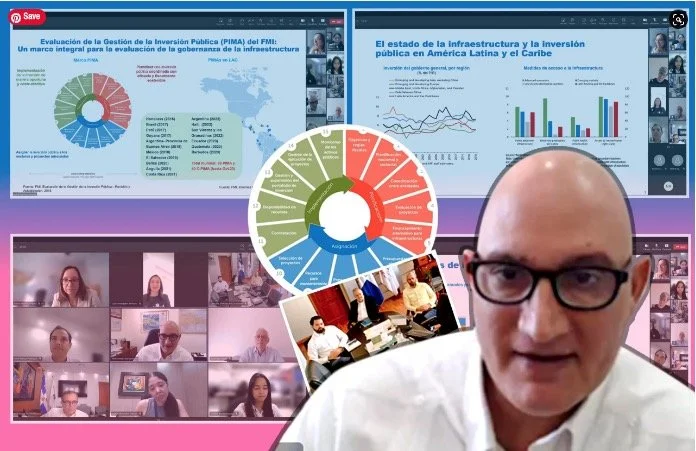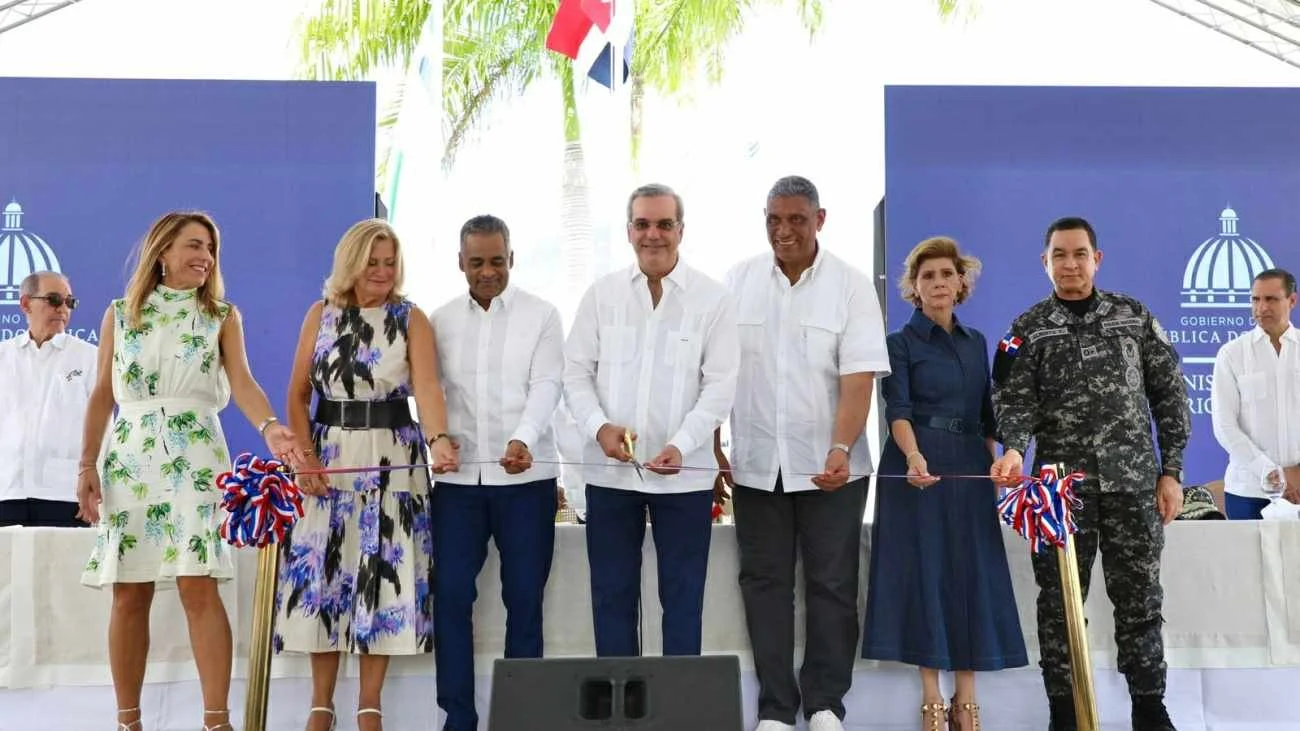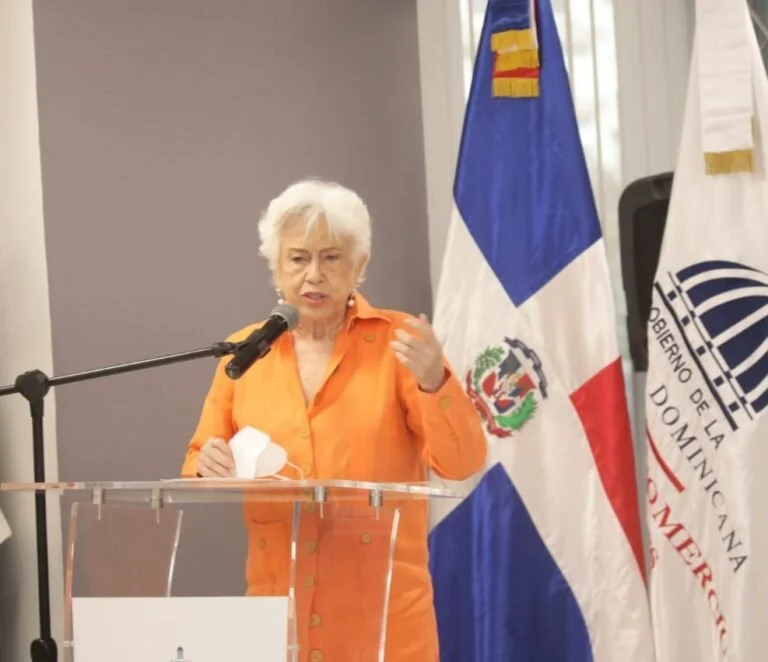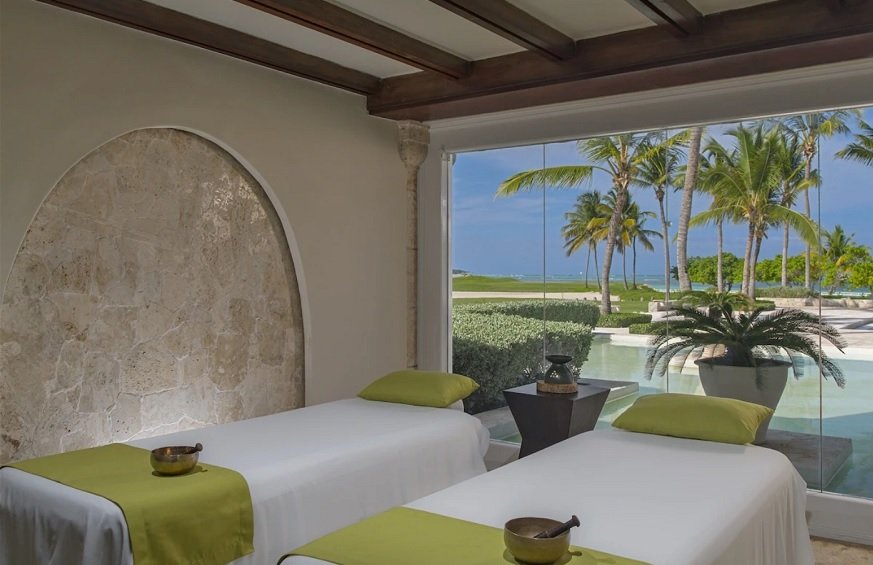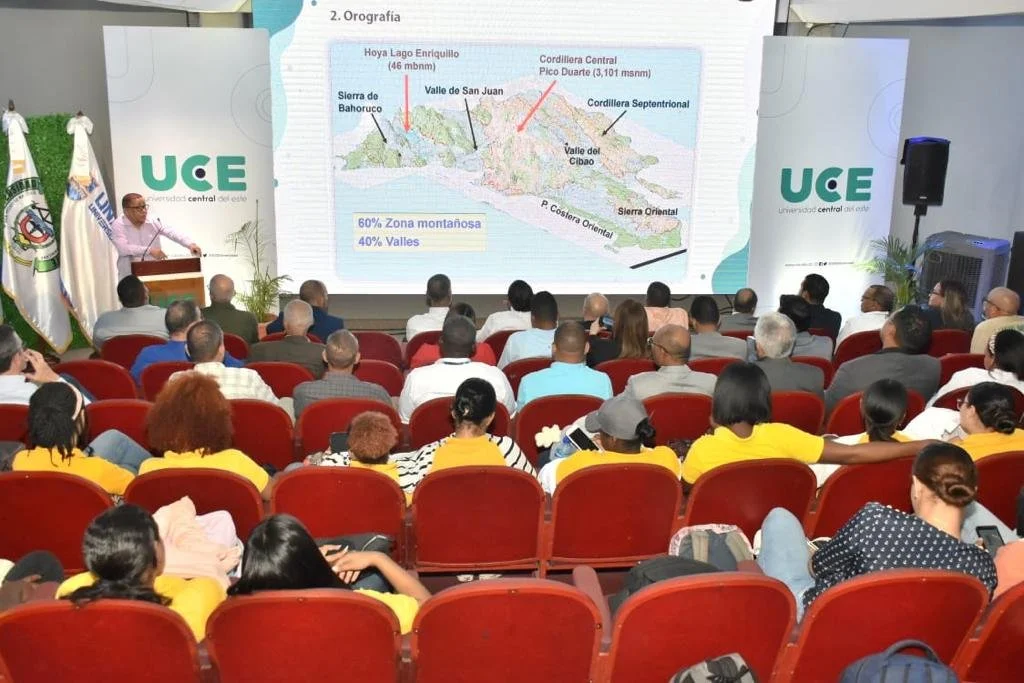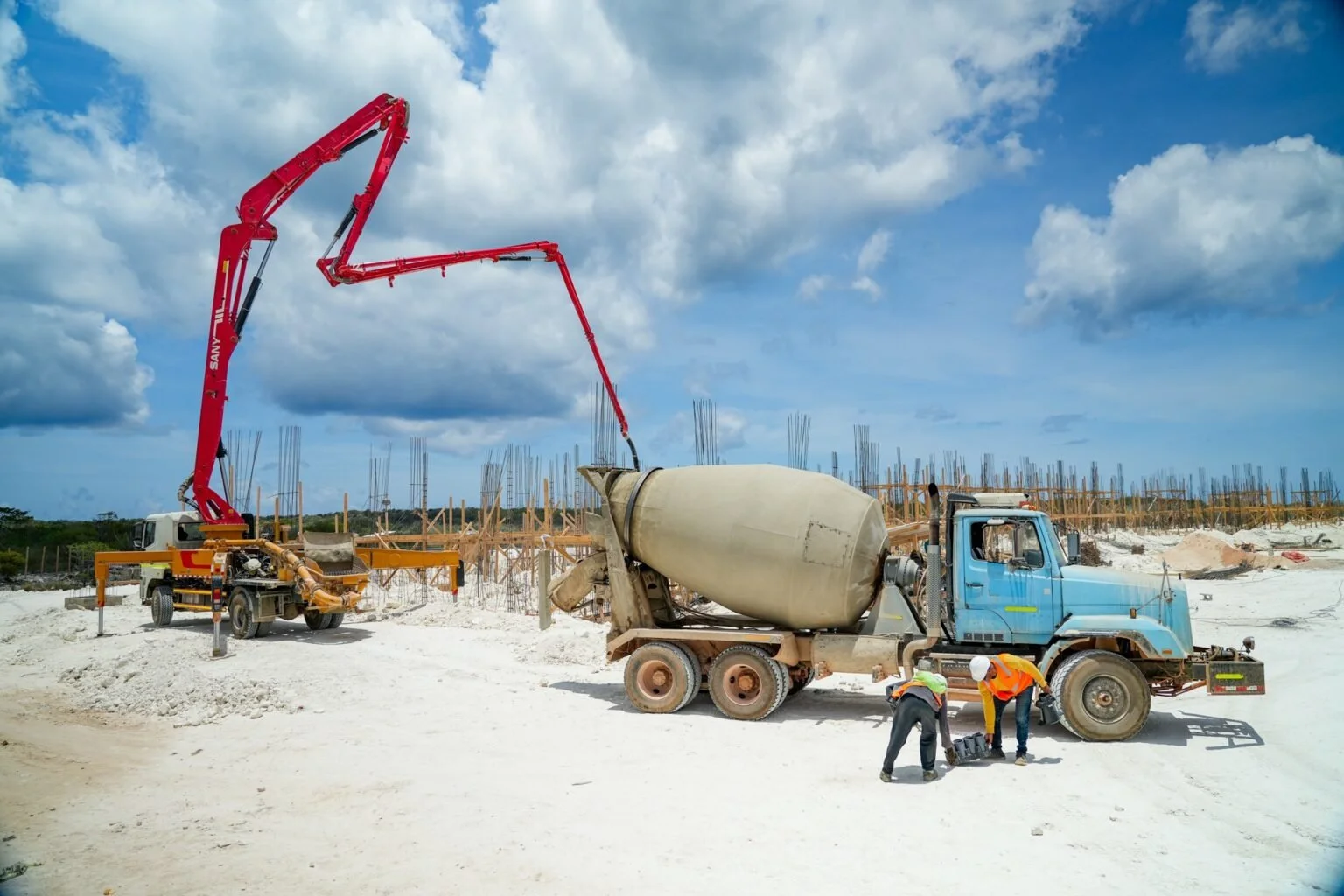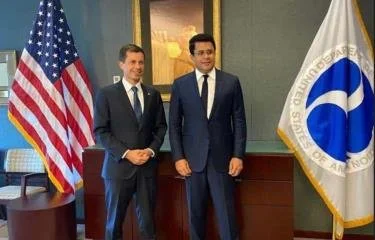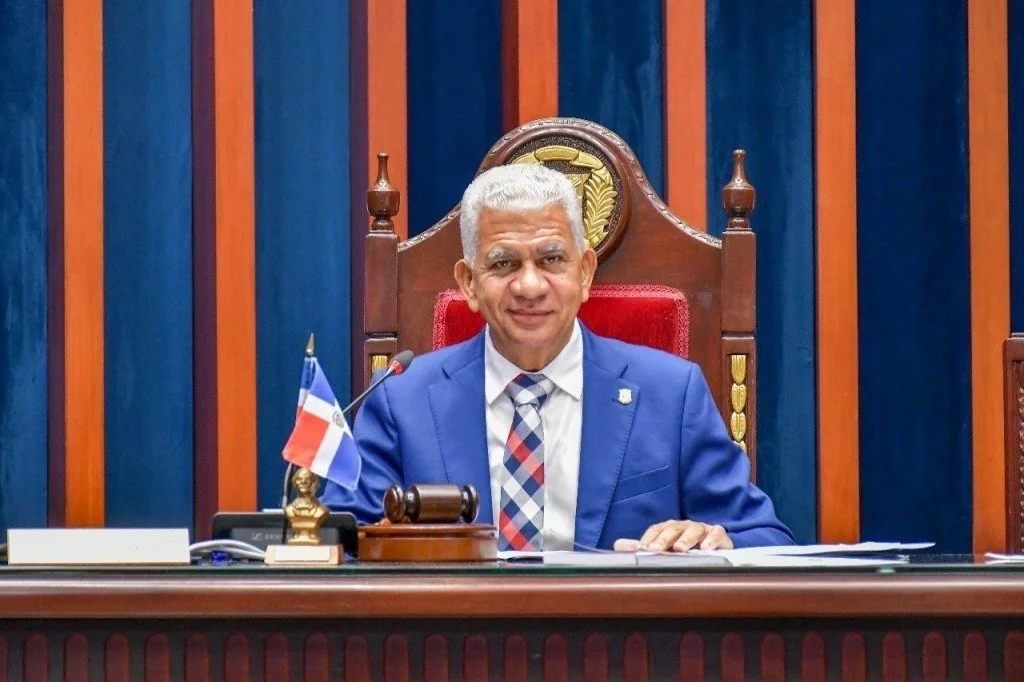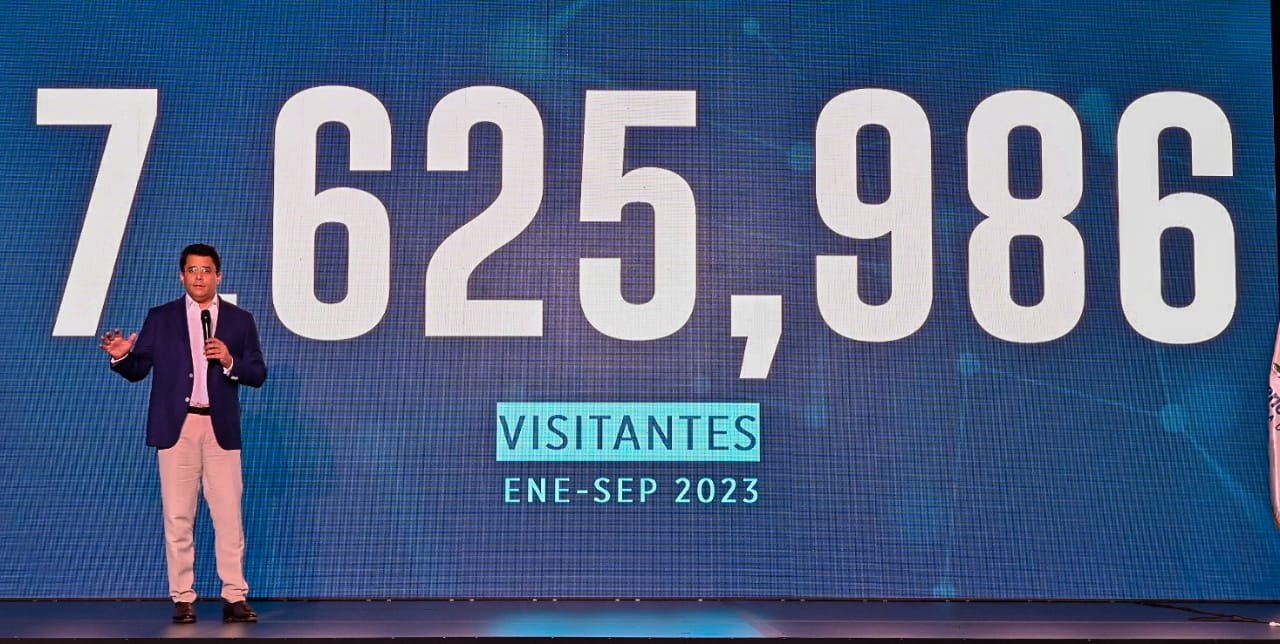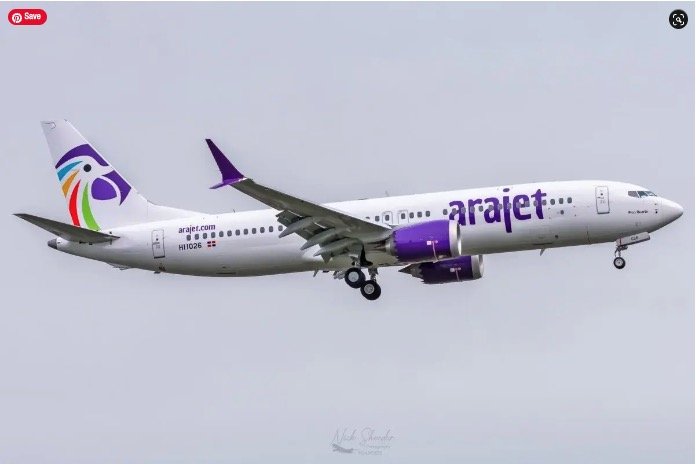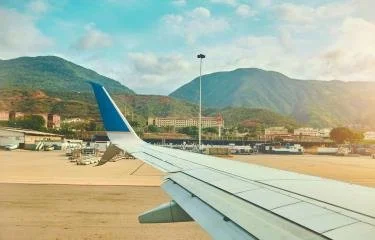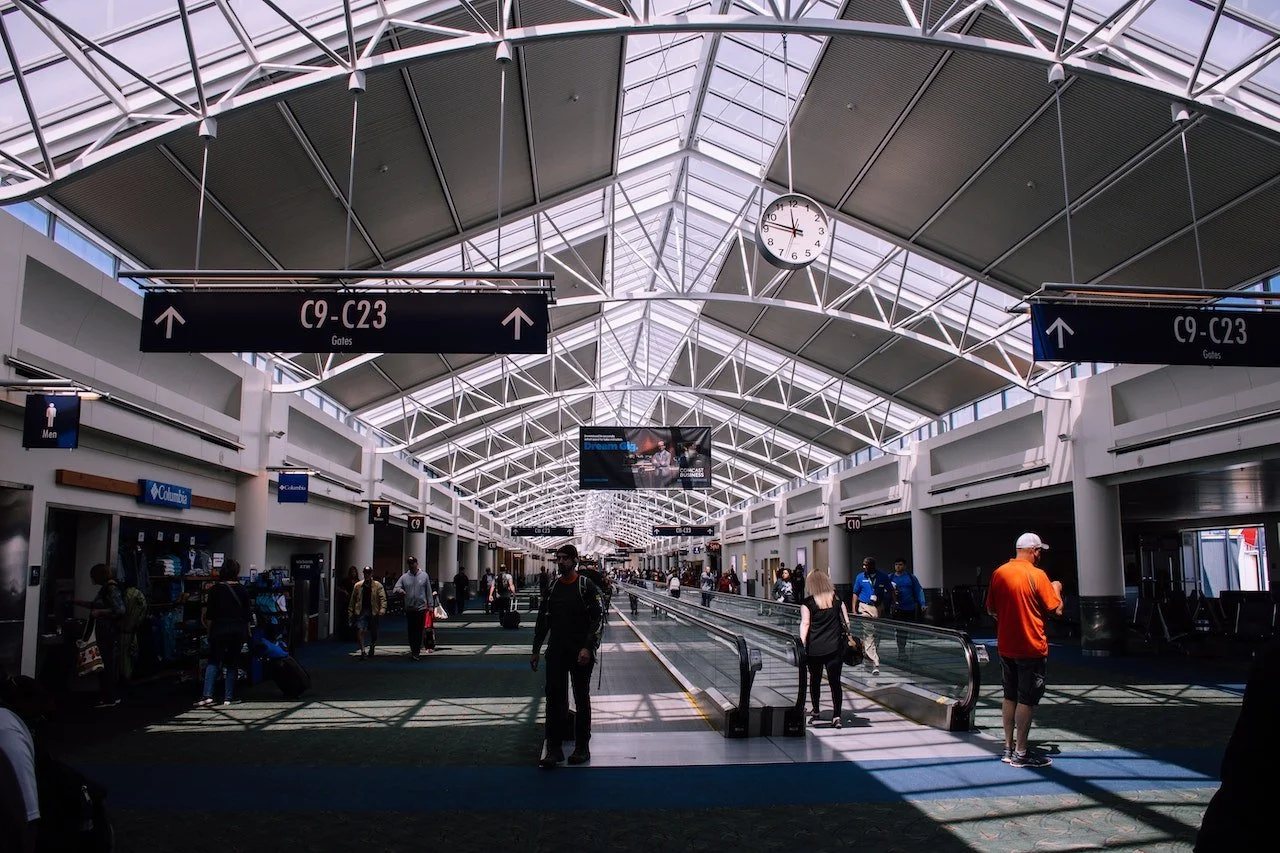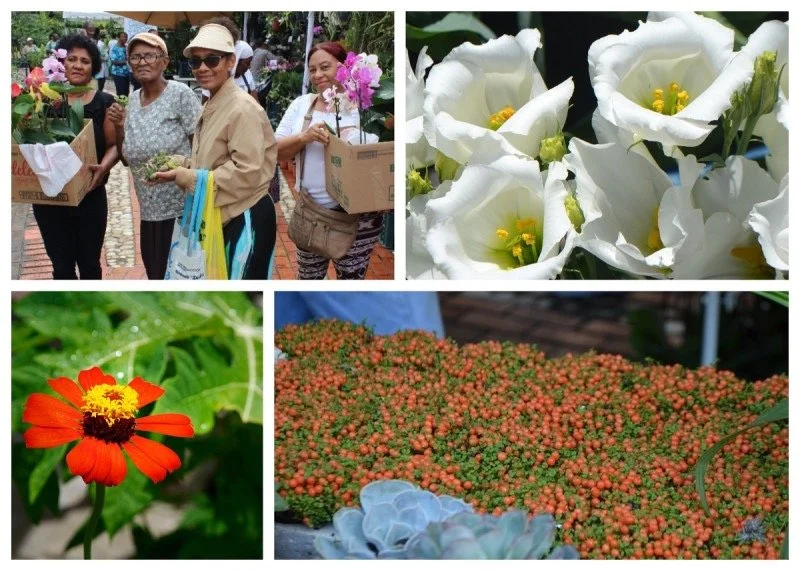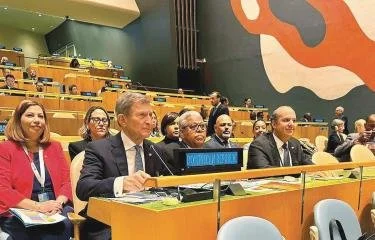Expomóvil Banreservas 2023 closed yesterday afternoon with financing approved for over RD$7,000 million and applications for more than RD$20 billion, informed the financial institution.
In assessing the results of the fair, the general manager, Samuel Pereyra, expressed his satisfaction because the facilities and the excellent rates offered allowed thousands of Dominican families to acquire the desired vehicle and companies to renew their fleets.
He affirmed that this fair improves the purchasers’ well-being and creates ideal conditions for the country’s vehicle fleet, with vehicles that contribute to preserving the environment.
The fair inaugurated on Wednesday was extended until 5:00 p.m. yesterday when many pending applications were still being evaluated.
The event was held at the distributors’ facilities of the various vehicle brands nationwide.
Customers had the opportunity to finance vehicles at rates ranging from 6.82% for electric cars, with a six-month term; 7.82%, with one year; 9.82%, with a three-year term; and 12.82%, with five years.
For personal use units, the rates were 7.82% for a six-month term, 8.82% for one year, 11.82% for a three-year term, and 12.82% for five years. Used vehicles had a fixed rate of 12.50% for one year and 13.50% for two years. Commercial vehicles could be purchased at 11.82% for one year and 12.82% for two years.
Banreservas executives, headed by its general manager, confirmed during the weekend how well distributors and customers received the fair.
In Santiago, Euler Veloz, past president of ANADIVE, acknowledged that the number of visits to his business had tripled since Friday.



